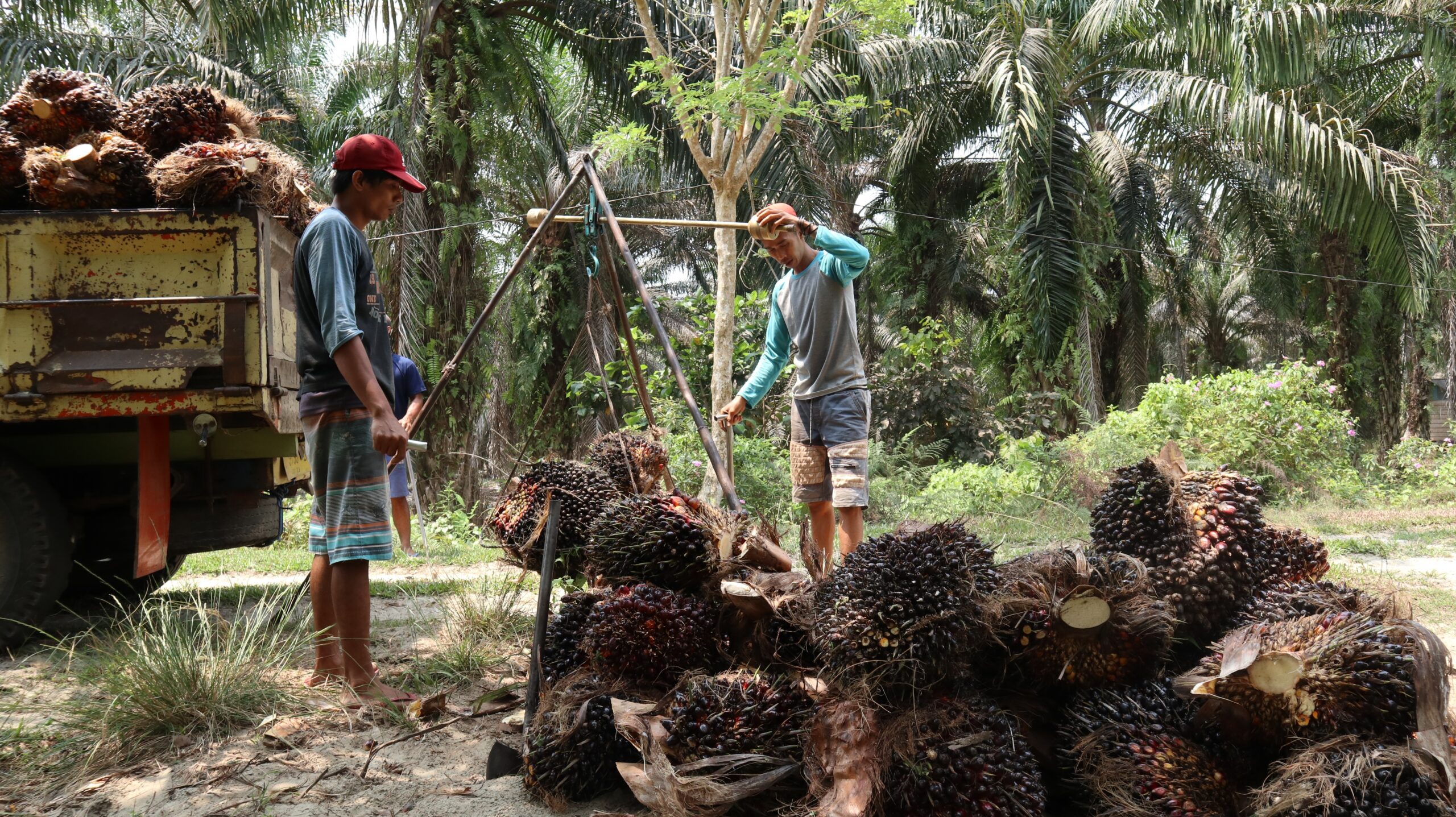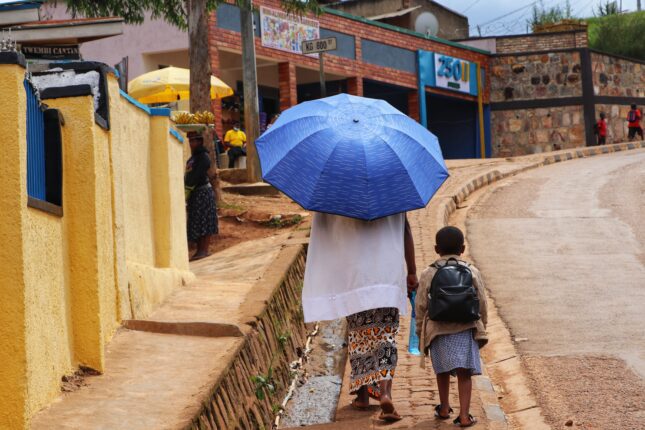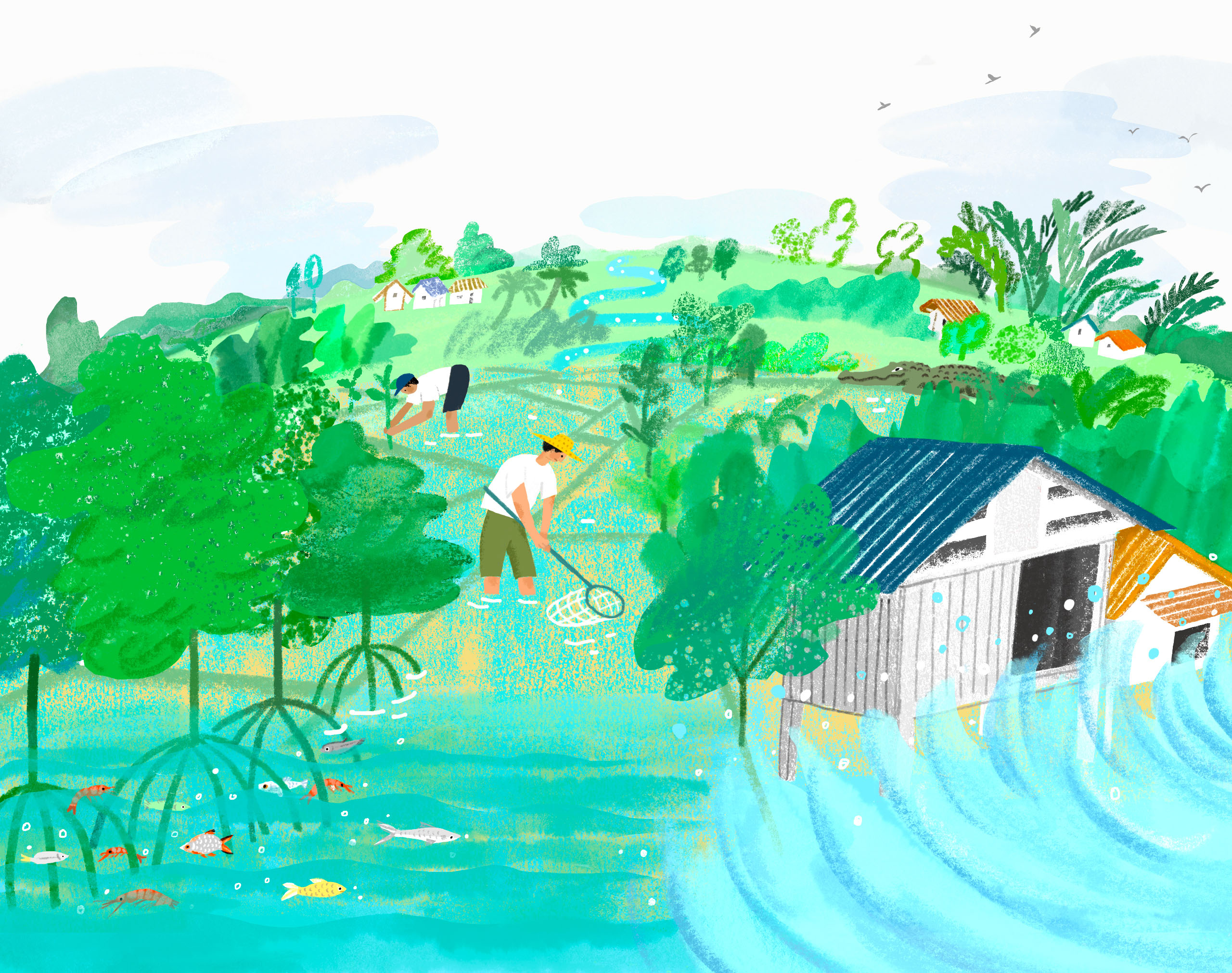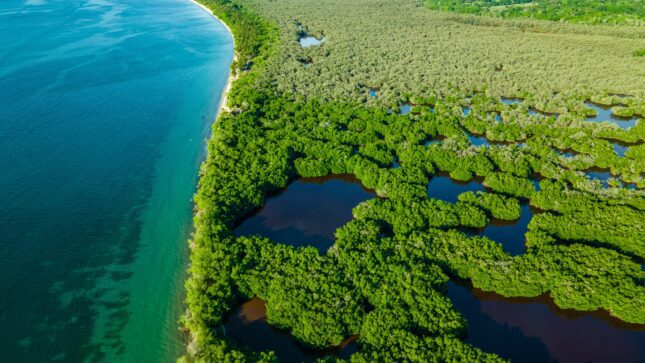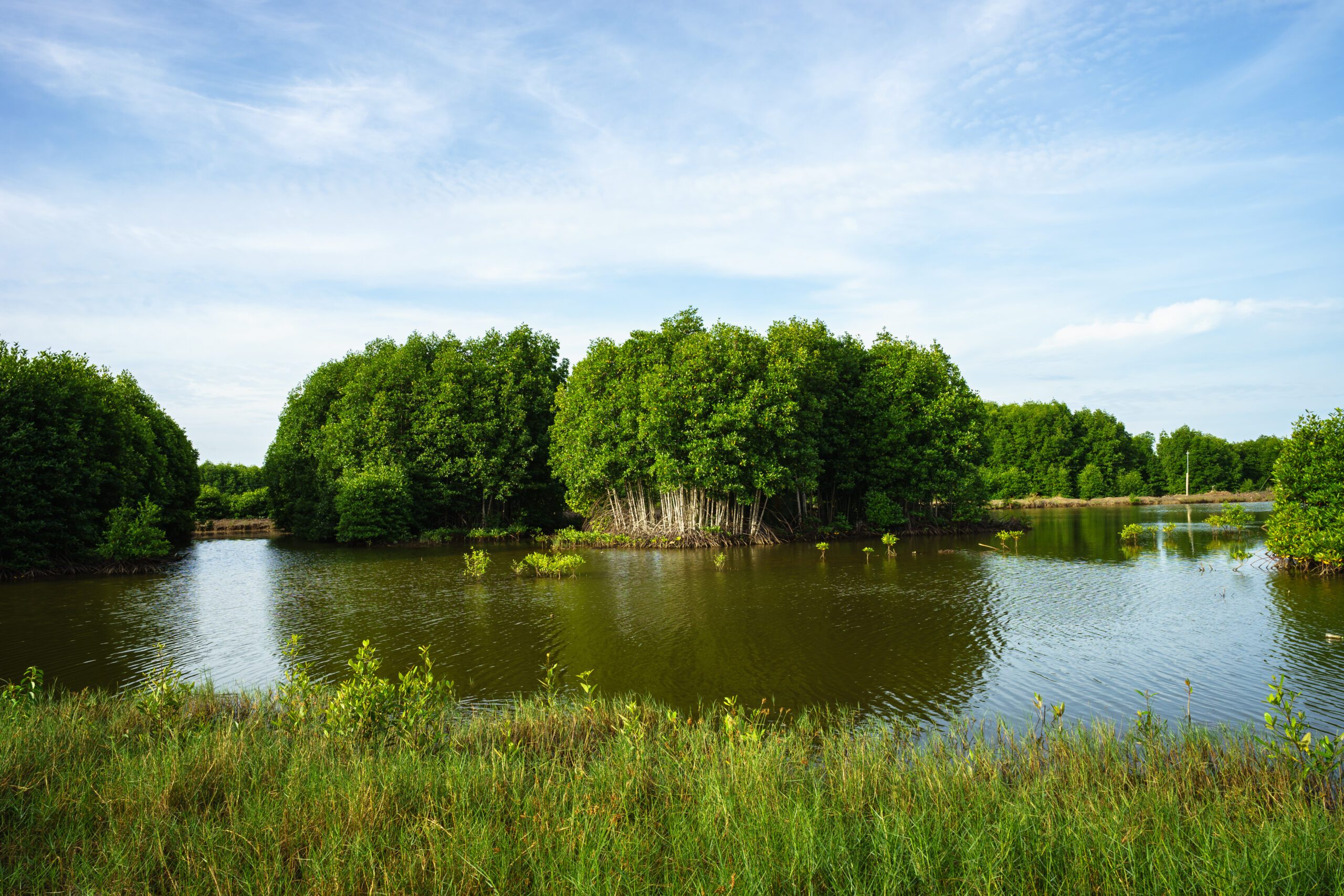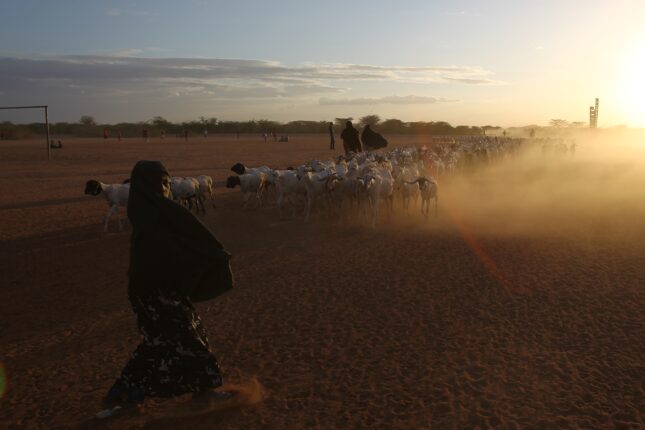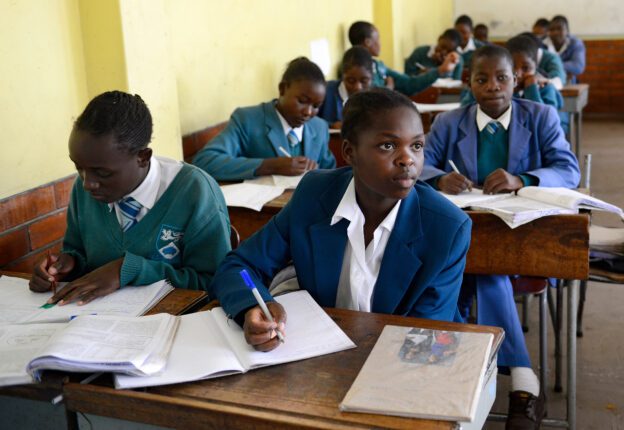-
A Decade of Progress on Palm Oil Deforestation at Risk in Indonesia
›China Environment Forum // Guest Contributor // Vulnerable Deltas // October 24, 2024 // By Jason Jon Benedict & Robert HeilmayrIndonesia is the world’s largest producer and exporter of palm oil, an ingredient used globally in a huge variety of food and household products from peanut butter to shampoo. Yet it is also an important driver of deforestation and contributor to climate change and biodiversity loss. Over the past 20 years, the expansion of palm oil plantations has contributed one-third of the total loss of old-growth forests in Indonesia (around 3 million hectares).
-
Deep Seabed Mining: Will It Rise to The Surface—and Where?
›
Norway recently announced that electric vehicles (EV) now outnumber gas-powered ones on its highways for the first time—and that these vehicles comprise 80 percent of its current new car sales. While internal combustion engines (ICE) will not disappear for several years, Norway’s sales of ICE-powered vehicles will end abruptly in 2025.
-
Rethinking NGO Effectiveness: Lessons from Rwanda’s Early Childhood Development Programs
›
If you work for an NGO, you likely face the challenge of “demonstrating impact and effectiveness” to your funders. Yet donor states and international organizations no longer blindly accept that NGOs are doing what they claim to do. So the task is not only to meet expectations, but also to communicate the organization’s most significant impacts to donors, other partners, and professional colleagues. Measuring organizational effectiveness for improved health and development impact is a key element to do so in a changing landscape.
-
A Tipping Point for Mangrove Restoration and Shrimp Farming in Indonesia
›China Environment Forum // Guest Contributor // Vulnerable Deltas // October 17, 2024 // By Muhibar Sobary ArdanThe Mahakam River flows for 900 km from the highlands of central Borneo through thick rainforest before fanning into a lush delta that feeds the Makassar Strait. Once dense with mangroves and palms, the wetland islands protected coastal communities, supported biodiversity and served as a significant carbon sink.
However, in the 1980s, shrimp ponds began replacing the mangroves. By 2020, around half of the delta’s forests were lost due to weak regulatory enforcement and inadequate environmental protection. This large-scale deforestation increased the area’s vulnerability to climate change.
-
The COP16 Opportunity: Bringing Biodiversity and Climate into Alignment?
›
At first glance, the growing alignment of climate and biodiversity challenges in global politics may seem harmless. Indeed, there is a strong argument that it is a much-needed and long overdue development, since addressing these inextricably-connected challenges together may ensure that gains in one area do not lead to costs in the other.
-
Solving Vietnam’s Mangrove Mystery: Mekong Delta Living Lab
›China Environment Forum // Guest Contributor // Vulnerable Deltas // October 10, 2024 // By Lindsey SchwidderIn spring 2024, I travelled in the Mekong Delta with Vietnamese researchers to investigate the country’s dwindling mangroves.
One day while hiking along the coastline of Bac Liu Province in southern Vietnam, we came across the remains of a once-flourishing mangrove forest now littered by countless concrete blocks. My colleagues noted that the decades-long trend of disappearing mangroves here seemed to be unstoppable.
-
Long Term Climate Resilience: A Pathway to Stabilize Somalia
›
Somalia is trapped in a cycle where climate impacts—droughts, floods, and erratic weather patterns—fuel displacement, poverty, and conflict. With agriculture and pastoralism at the core of its economy, the country is particularly vulnerable to these environmental shocks, which create fertile ground for insurgent groups to exploit the resulting instability.
-
Can the UPR Advance Global Women’s Rights? Lessons from Sub-Saharan Africa
›
At the opening of the Commission on the Status of Women in New York this past March, UN Secretary-General António Guterres underscored the importance of stepping up national and global efforts to advance the rights of women. Guterres observed that “many women and girls are also facing a war on their fundamental rights at home and in their communities. Hard-fought progress is being reversed.”
Showing posts from category Guest Contributor.


